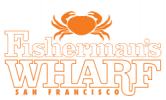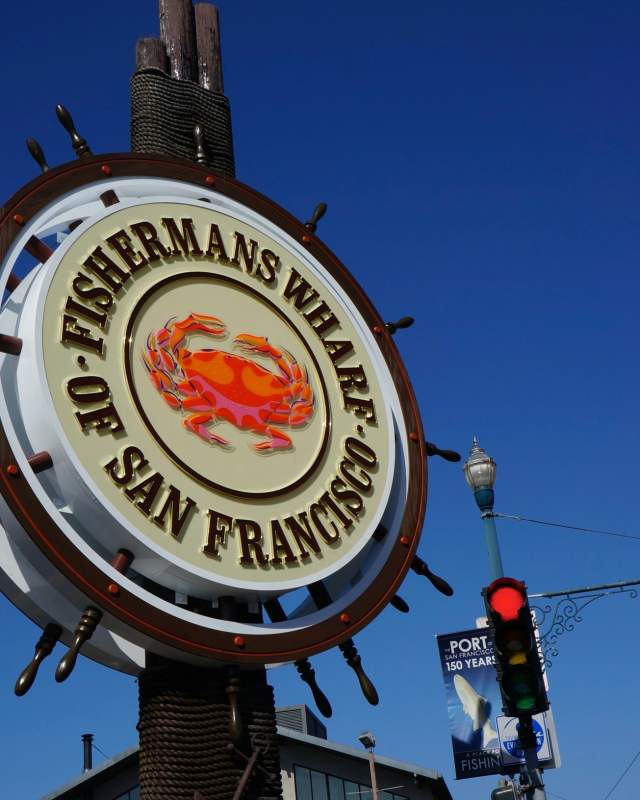single use plastic ordinance
Plastic, Litter, and Toxics Reduction Law in Effect July 1, 2019
An Important Message from SF Environment: Attention San Francisco Retailers and Food & Beverage Vendors
The Single-Use Foodware Plastics, Toxics and Litter Reduction Ordinance will reduce plastic pollution by prohibiting the distribution of plastic straws, among other foodware accessories, and providing allowed accessories only upon request. The ordinance will also eliminate toxic fluorinated chemicals from foodware products.
Click here to access the BPI (Biodegradable Products Institute) website, and find lists of compostable products that meet San Francisco’s requirements.
Visit the SF Environment website for additional information about the legislation.
Plastic, Litter, and Toxics Reduction Law (Purchasing & Usage Guidelines)
Purpose of the Law
This purpose of the Plastic, Litter, Toxics Reduction Law is to reduce the use of single-use foodware accessories. This law will also phase out the use of toxic and persistent fluorinated chemicals in single-use foodware.
Date Law Goes into Effect
- July 1, 2019: the law goes into effect for items that are prohibited or available only upon request.
- January 1, 2020: the law goes into effect for all compostable foodware to be BPI certified.
Who the Law Applies To
- The law applies to food or beverage vendors and events that serve prepared food or beverages using single-use foodware (including straws, cup lids, cup sleeves, stirrers, spill plugs, napkins, condiment packs and utensils).
- The law also applies to sellers of foodware accessories (including straws, cup lids, cup sleeves, stirrers, spill plugs, napkins, condiment packs and utensils).
How Businesses Benefit
- Food vendors can save money by providing foodware accessories only upon customer request (or at self-serve stations).
- Businesses who have voluntarily reduced the use of single-use foodware, such as by offering items only on request or switching to reusables for onsite use, have saved on purchasing and disposal (refuse collection fees).
Purchasing and Usage Guidelines
Acceptable Straws
- Reusable straws, such as glass, silicon or metal.
- Single-use paper or other natural fiber straws, which must be BPI-certified as compostable by January 1, 2020.
- Single-use plastic straws are available upon request for people with disabilities or medical needs. Businesses should wait for a person to request a plastic straw before providing one.
Unacceptable Straws
- Single-use plastic straws including compostable plastic (e.g., PLA), even when BPI-certified, are prohibited by San Francisco’s law because they act like conventional plastic in our environment if littered.
- Single-use paper or other natural fiber straws that are NOT BPI-certified as compostable by January 1, 2020.
How Boba Shops (or Other Beverage Vendors) Can Comply with Plastic Straw Restrictions
- For customers consuming beverages onsite, reusable straws are preferred.
- For take-away orders, accepted straws (made of natural fiber or paper) may only be available upon customer request.
Single-Use Foodware Only Available Upon Request or at a Self-Serve Station
- Stirrers, spill plugs, or splash sticks (cannot be plastic)
- Cup lids
- Cup sleeves
- Napkins
- Condiment packs or containers
- Utensils
Acceptable single-use straws may only be provided upon request of a customer and not at a self-serve station.
Acceptable Types of Foodware
-
Reusables: Choosing reusable foodware is best and encouraged. For example, cafes can use ceramic mugs rather than paper cups for customers on site. Reusables save money and improves the customers’ experience. For assistance in shifting to reusables, contact SF Environment.
-
Compostables: Vendors or patrons don’t have to remove left-over food before composting. Of the two types of compostables:
- Paper or other natural fiber-based products (BPI-certification required after January 1, 2020)
- BPI-certified compostable plastic that is clearly labeled "compostable" (excluding compostable plastic straws as of July, 2019)
-
Recyclables: Vendors or patrons must remove left-overs, and foodware must be dry before recycling. There are three types of recyclable foodware:
- Aluminum foil and containers
- Paper cups
- Rigid plastic foodware
Acceptable Compostables
As of January 1, 2020, BPI-certified compostable foodware will be free of added fluorinated chemicals and available on the BPI website. Only BPI-certified foodware will be accepted as compostable in San Francisco's program as of January 1, 2020. Until 2020, BPI certified products may still contain fluorinated chemicals. If you are planning to switch to BPI products before January 2020, check with the manufacturer in addition to checking the BPI website to ensure the product does not contain fluorinated chemicals. Molded fiber products often contain toxic fluorinated chemicals. BPI-certification will not allow added fluorinated chemicals by January 1, 2020.
Look for products that impart water and grease resistance such as by using the following:
- Minerals
- Waxed paper
- Compostable films
Single-Use Foodware & Fluorinated Chemicals
The Problems of Single-Use Foodware
- Single -use foodware is a significant contributor to litter, plastic pollution, ocean debris, and clean-up costs. In fact, single-use food and beverage packaging represents 67% of Bay Area street litter found to be entering the Bay and ocean.
- Single use foodware can be difficult to compost or recycle.
- Single-use foodware is an unnecessary waste of resources.
The Problems with Fluorinated Chemicals
Fluorinated chemicals (aka PFAS) are a group of “Teflon-like” chemicals that may be used in fiber-based foodware to make them resistant to water and grease. These highly persistent chemicals do not break down in the environment, are highly mobile, may be ingested with food and are linked to cancer, elevated cholesterol, decreased fertility, thyroid problems, changes in hormone functioning, adverse developmental effects and decreased immune response in children and may bioaccumulate.
About the Certification Requirements
Certification by the Biodegradable Products Institute (BPI)
- BPI certification is the only North American certification that ensures items entering the compost stream are truly and fully compostable.
- BPI-certified products are free of non-compostable plastic and as of January 1, 2020, will be free of intentionally added toxic fluorinated chemicals.
- BPI (Biodegradable Products Institute) is a third-party organization that certifies that products have been independently tested and verified as meeting scientifically-based standards of being compostable in industrial facilities as in San Francisco’s composting program.
DISTRICT SPONSORS
Would you like to become a sponsor of Fisherman's Wharf? Learn more here.

